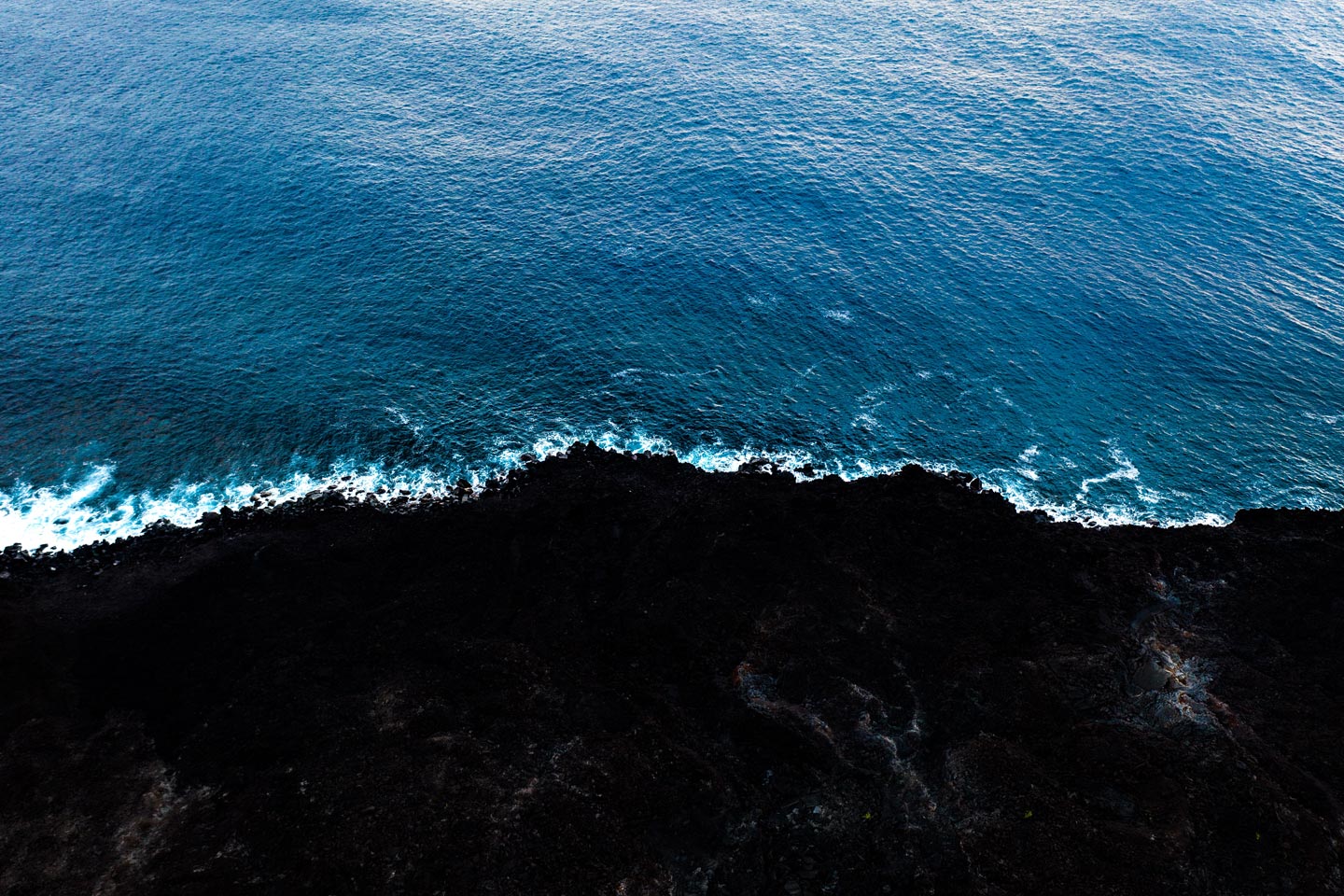The personal unconscious is what he termed as ‘complexes’; a core pattern of emotions, memories, perceptions and wishes organised around a common them, such as power or status. While Jung wasn’t the first to coin the term, his early efforts into finding evidence of complexes while at the psychiatric clinic of Zurich University were fundamental in the development of the theory.
According to his findings - which stemmed from his work using word association tests - complexes can be both positive and negative, yet frequently come about as a result of a so-called trauma, emotional shock or some such thing, that splits off a bit of the psyche (‘splinter psyches’). Jung believed that until complexes were made conscious and worked through, they operate by themselves in the unconscious, impacting on memory, conscious performance and intentions of the will.

One of Jung’s most significant findings was that while there can be numerous different kinds of complex, at the core of all of them is a universal pattern of experience. This he termed ‘archetypes’, otherwise known as the collective unconscious.
Archetypes, in the way that Jung interpreted them, are images and themes that have universal meanings across cultures with a tendency to show up in dreams, literature, art and religion. They are inherited potentials which are actualised when they enter consciousness as images or manifest in behaviour on interaction with the outside world. A good way to think about them is as though they are pre-installed pieces of software inherent to all humans; they are unlearned, innate and hereditary and function to organise how we experience things. It could be said that archetypes are to the psyche what instinct is to physical existence.

Archetypes are thought to be raw nature at the heart of the psyche and, as such, serve as the foundational material for complexes, both positive and negative. An example of this is with regards to the mother complex. At the core of the mother complex is the mother archetype, which means that behind emotional associations with the personal mother, there is a collective image of nourishment and security on the one hand (the positive mother), and devouring possessiveness on the other (the negative mother).
Jungian Confrerie’s trained professionals are experienced in all forms of Jungian psychotherapy, with services offered across central London, Bermondsey, Southwark and London Bridge, as well as Colchester in Essex. To find out more about Analysis and how it can help you, or for queries about booking sessions, call 0333 339 2430 or contact Jungian Confrerie by email.
Contact Us by email

